Essays
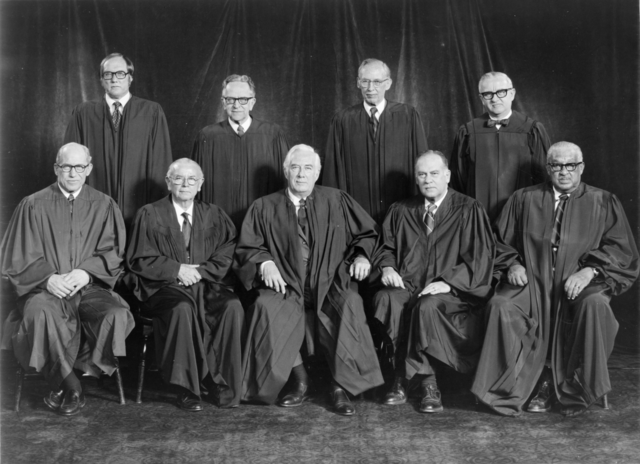
February 24, 2022
Justice Byron White and Abortion
Responding to Richard Doerflinger's critique of "Waiting for Dobbs," Prof. Arkes asserts that conservative justices could successfully outlaw most abortions by returning to Justice White’s standard: only abort to save the mother’s life. At the same time, however, White did the pro-life cause a lasting disservice by focusing not on the rights of unborn babies but on the abuse of "raw judicial power."
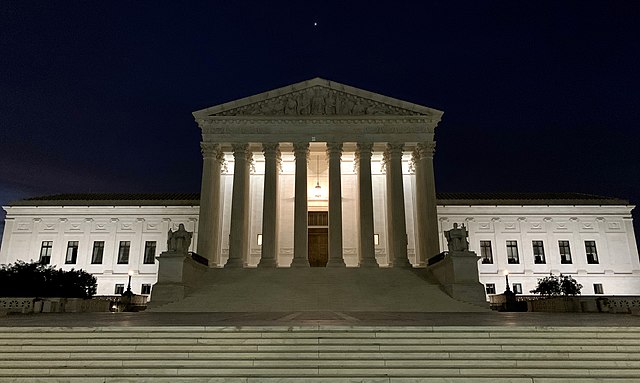
February 9, 2022
Waiting for Dobbs
Hadley Arkes recalls that day, back in 1986, when Justice Byron White, one of the original dissenters in Roe v. Wade, startled Justice John Paul Stevens by suggesting that he too could accept Roe and a “right to abortion” in some form. Stevens seemed genuinely baffled. What White was offering was an understanding that would keep Roe v. Wade as a shell, while the substance was removed. Professor Arkes tries to reconstruct that argument here as an anticipation of what might happen if the Supreme Court seeks to take “the low door under the whole” in the Dobbs case—sustaining the law in Mississippi while affecting not to overrule Roe v. Wade.
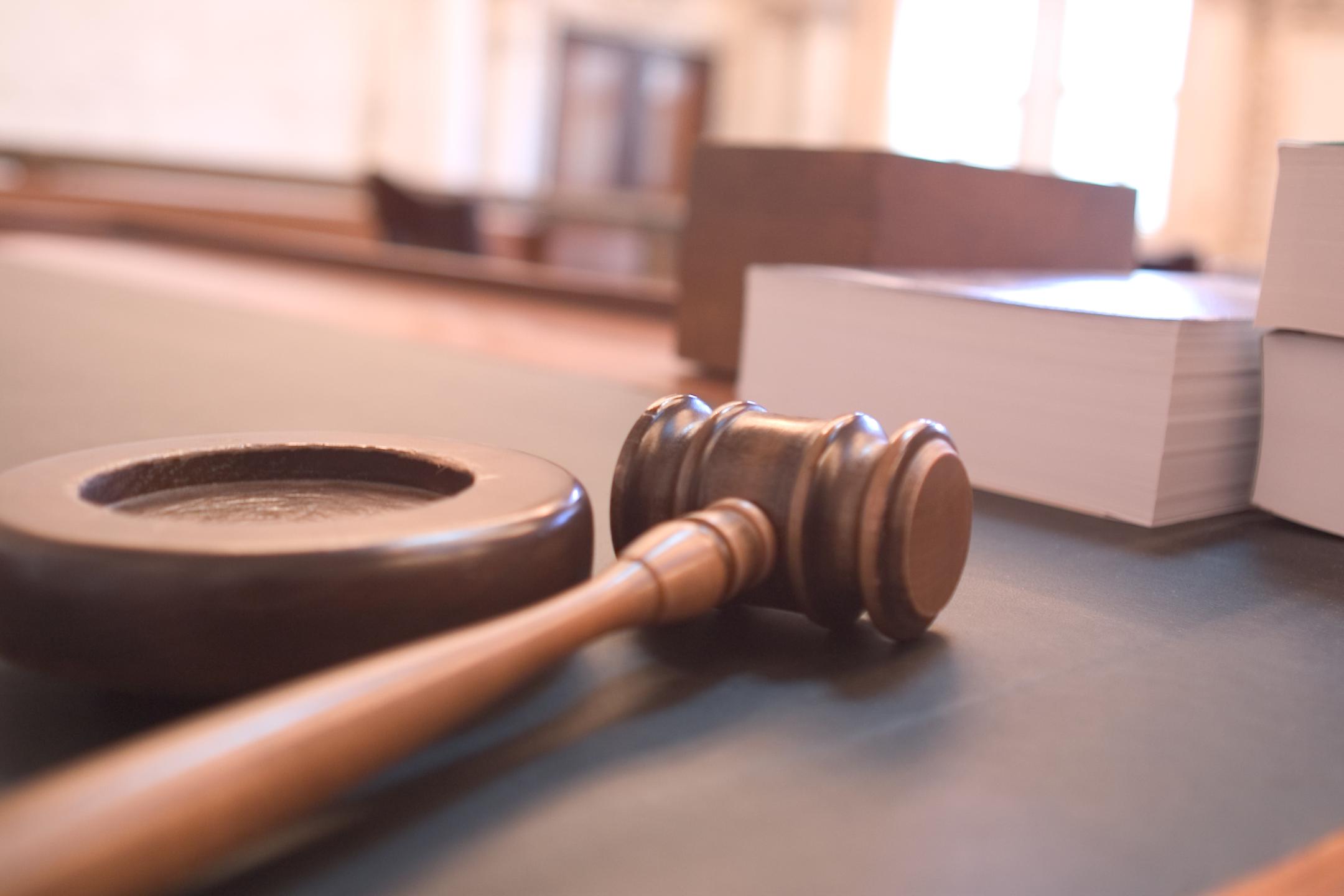
January 28, 2022
Recovering a Conservative State Legal Theory
Jeffrey Bristol engages with Holden Tanner and Jesse Merriam about the role of historical originalism in state and federal structure. He argues that the federal constitution is unique from other nations in that it retains a long, public discourse and history that has matured with fundamental perception and that has been vital to both its conception and meaning.
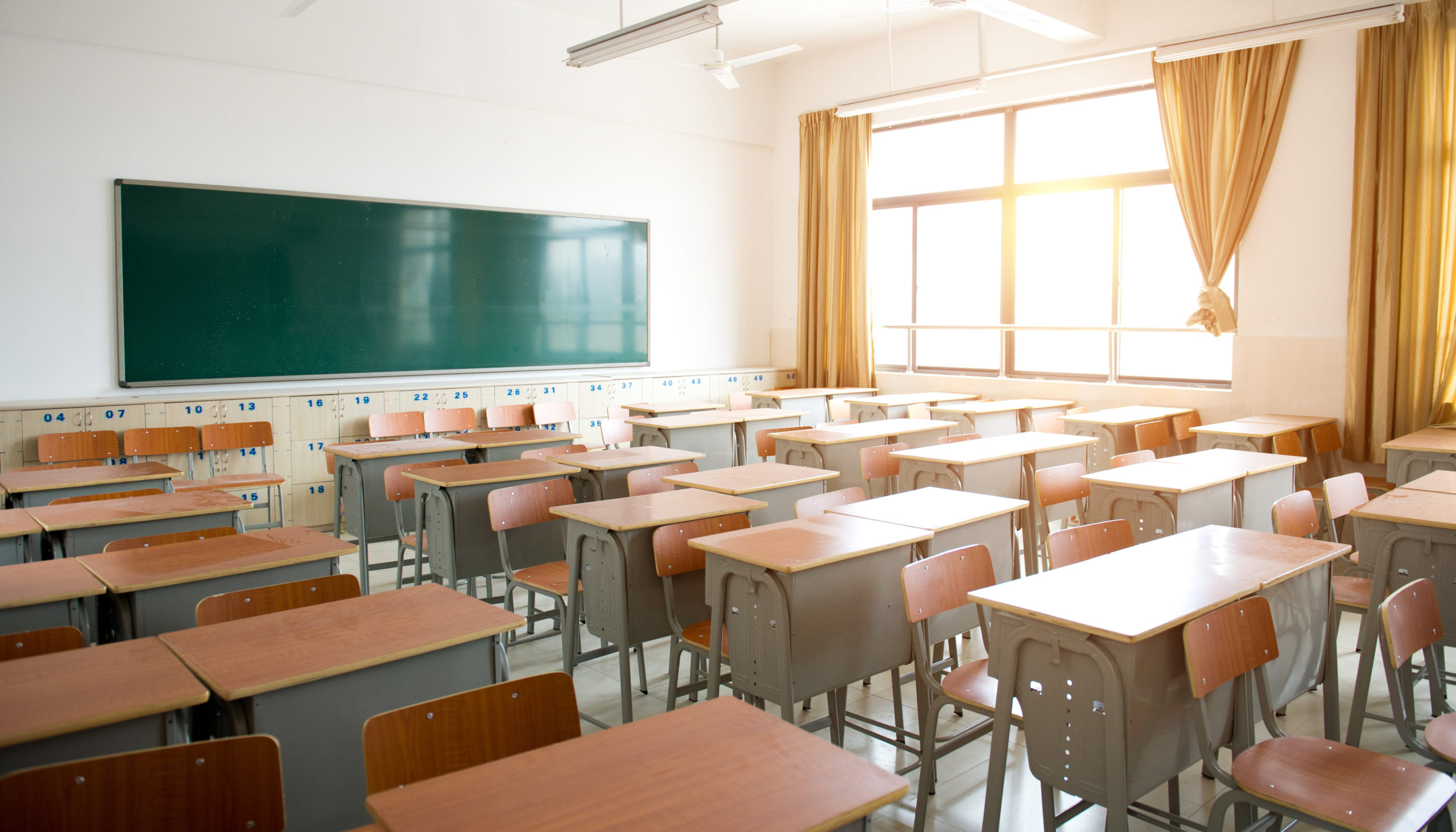
January 17, 2022
When "Matter" Really Matters
A focus on the jurisprudence of the school prayer cases, rather than on the matter and form of the polity, avoids the central task for conservative legal scholars and advocates seeking to shape again the moral culture.

January 10, 2022
Founder's Keepers: Arkes on The Role of Govenment in Defining our Culture
In 2006, Prof. Hadley Arkes makes some timeless remarks at The Federalist Society on what the proper role of government is when it comes to culture.
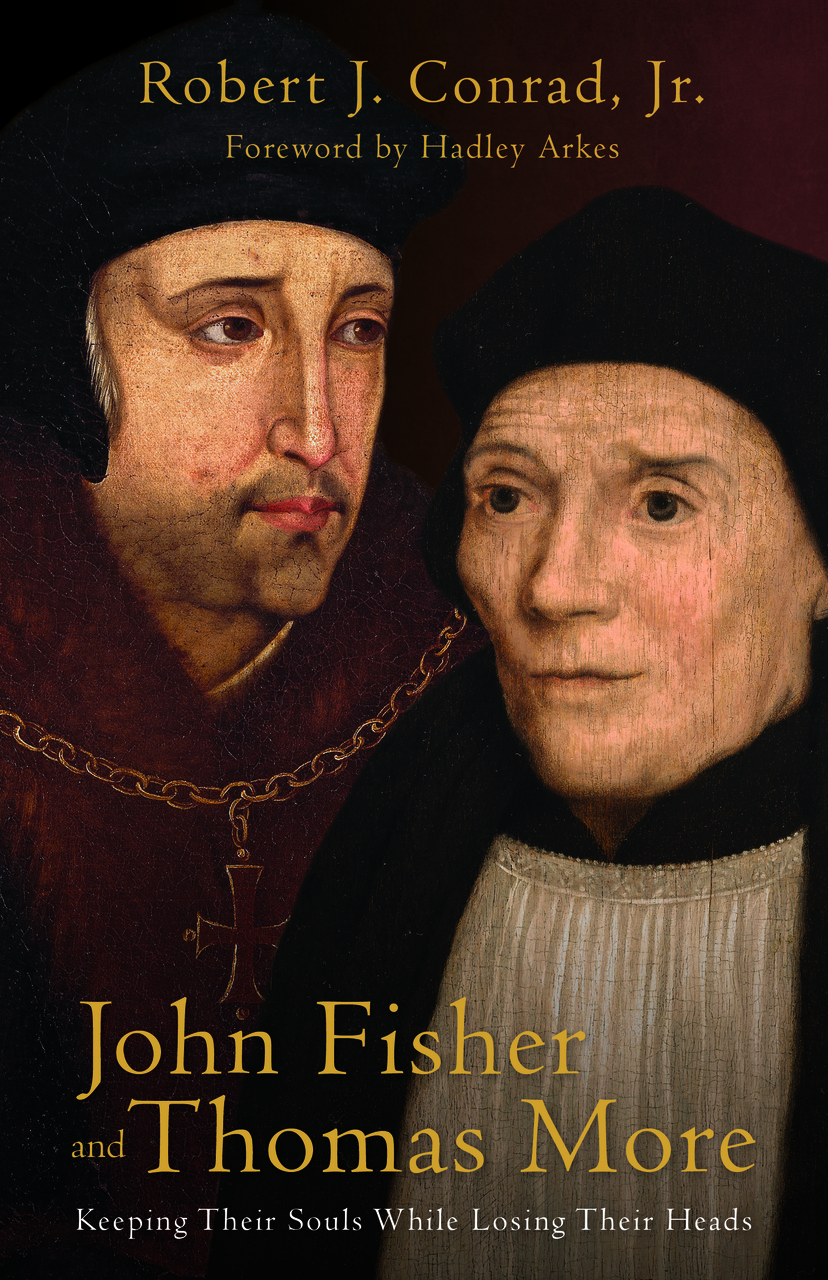
January 6, 2022
Founder's Keepers: Arkes on Mary Eberstadt's Review of Judge Robert Conrad's "John Fisher & Thomas More"
Prof. Hadley Arkes on a review that Mary Eberstadt wrote of Judge Conrad's book "John Fisher & Thomas More"
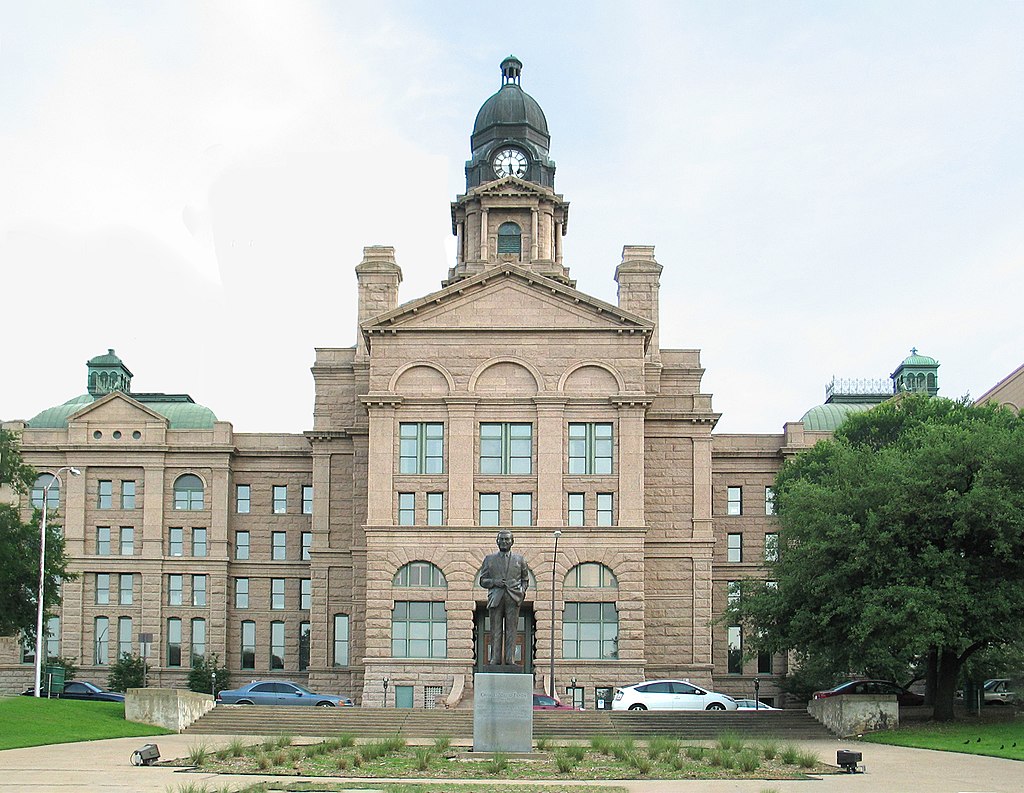
January 3, 2022
States, Courts, and Common-Good Conservatism
We must marry Antifederalist sympathies, which recognize the dangers of concentrating power, to a holistic conservative jurisprudence, says Holden Tanner.

December 17, 2021
And All the Students Said, “Amen”
By offering a voluntary prayer, the government introduces its students to religion in a way that is not coercive or intrusive. It is, rather, a traditional acknowledgement of religion, even if it simply constitutes a recognition of the theistic origins of our unalienable rights.
December 9, 2021
‘Dobbs’ and the Conservative Legal Movement
If ‘Dobbs’ is decided following the ‘neutral principles’ of constitutional interpretation, it would not mean the end of abortion, according to Gerald Bradley, or even the beginning of the end of it. ‘Dobbs’ would instead be the start of a whole new phase of the political struggle over abortion. Yet the Constitution requires more.
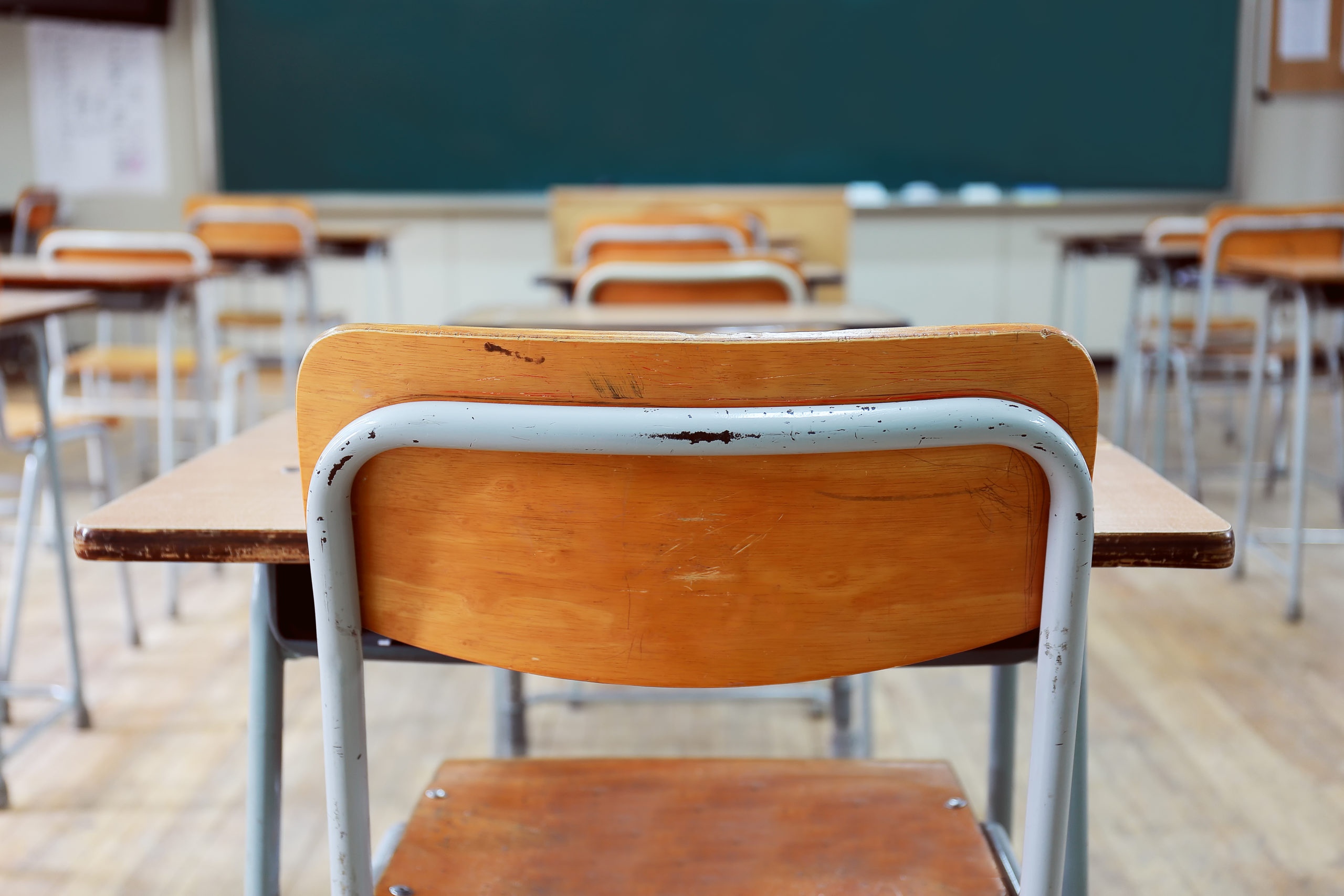
December 6, 2021
A Common Call to Prayer
Continuing our symposium on school prayer, JWI Affiliated Scholar Gunnar Gundersen makes the case for a common call to prayer in American public life and in its public education.


